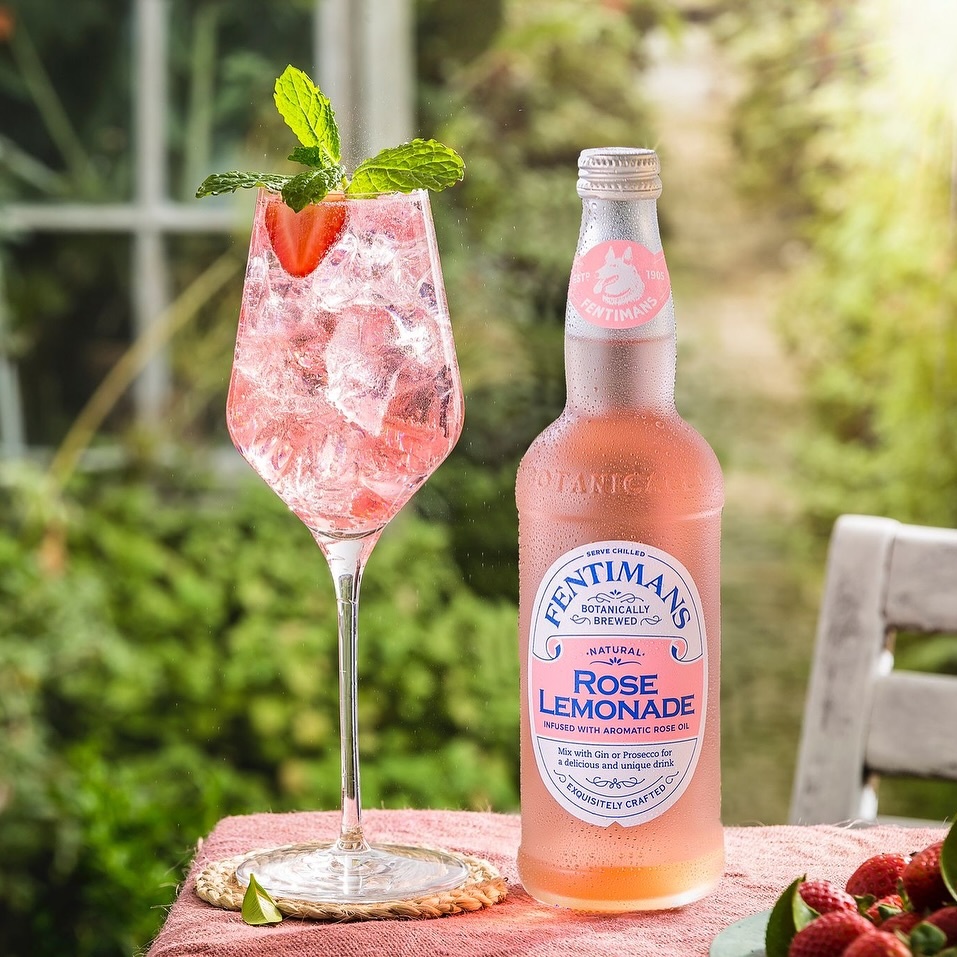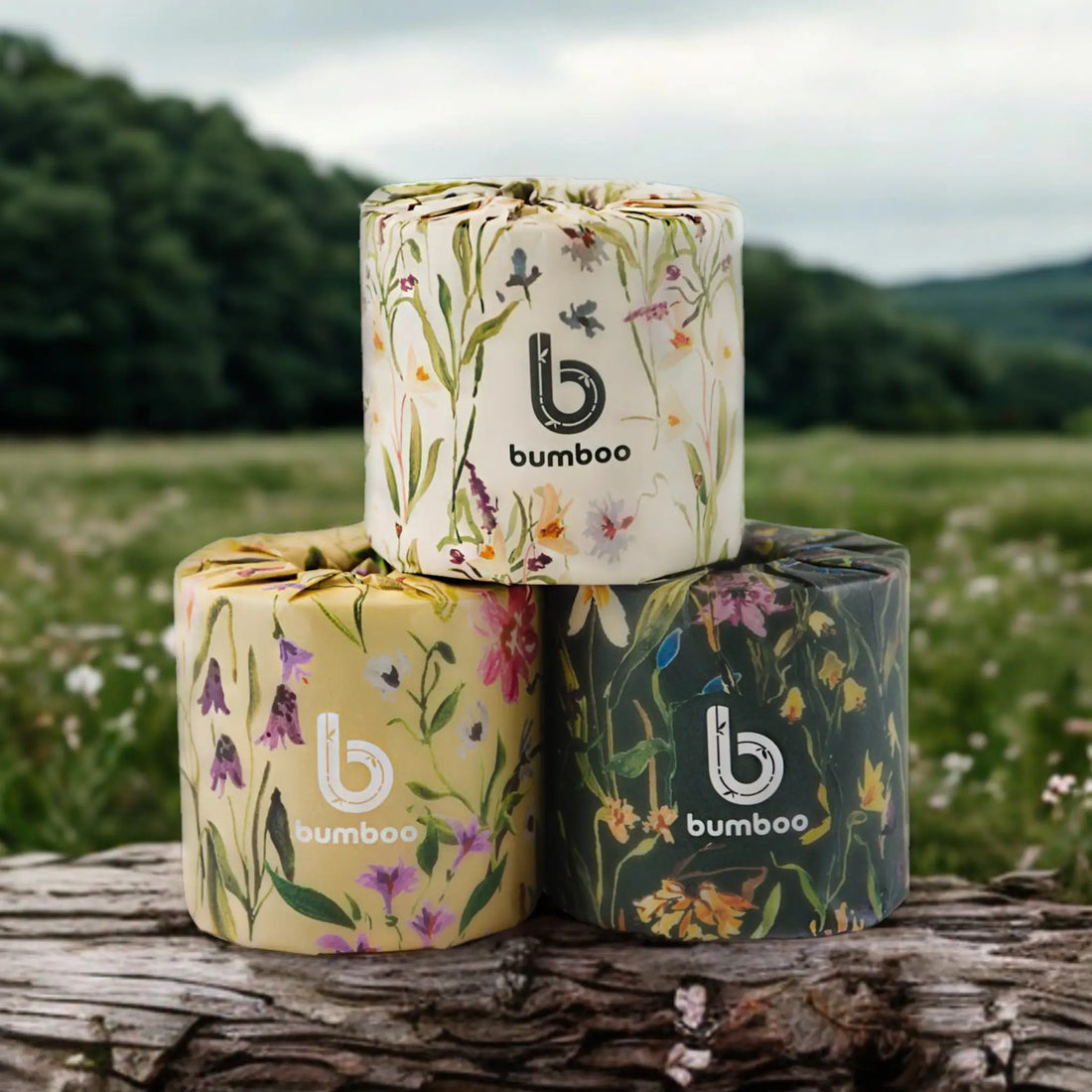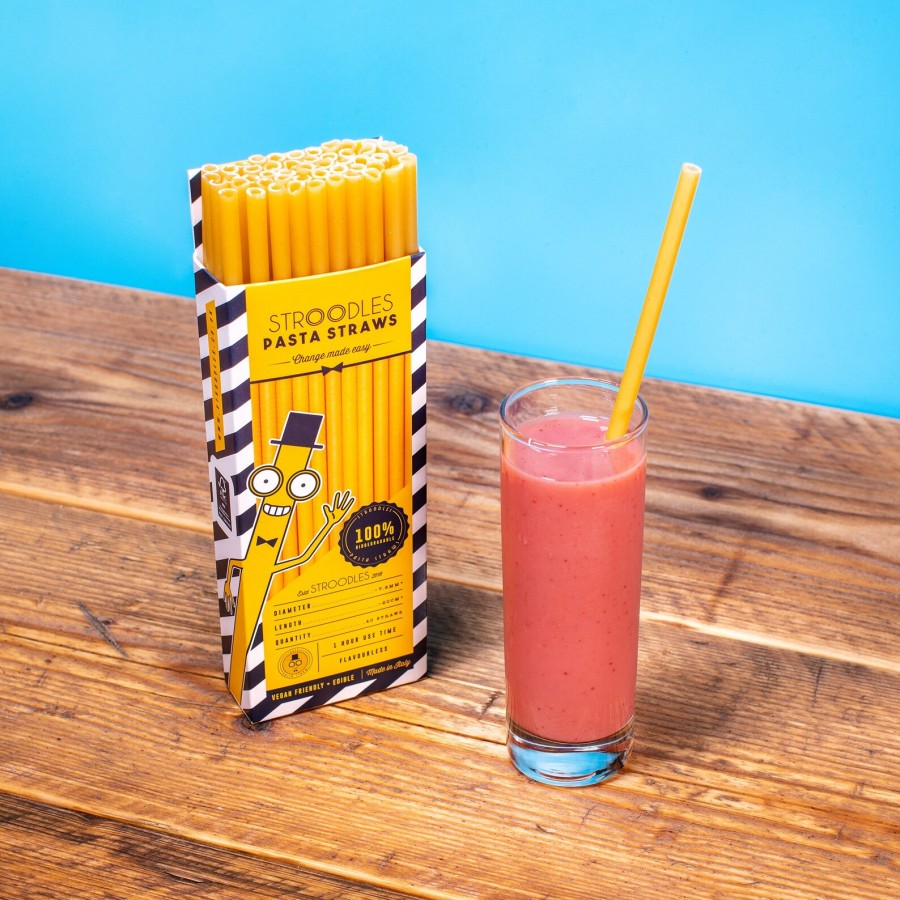Vinca (organic canned vegan wines)

VINCA Organic Wine is sold in cans, which use up to 70% less CO2 to transport than glass bottles. In four varieties (white, sparkling white, rosé and red), you can also mixed can bundles.
The Sicilian grapes contain naturally low levels of sulphur (from fermenting yeast), around a third of levels found on supermarket wine bottles.
For cans, always pop the ring-pulls back over the top before recycling, to avoid wildlife getting trapped.
Send off used corks to Recorked, to be made into other things (corks are too dense to compost and choking hazards, if left around).

Organic wines are sealed in nifty aluminium cans, instead of bulky glass bottles. Not only does this protect the taste, but it also cuts down on much of the usual environmental harm from traditional winemaking.

Cans are lighter and more compact than glass bottles, making them a win for reduced emissions during transport.

The company also sells a pretty cooler bag for travel, which has a reversible lid that converts into a drinks tray. Cans are not just easier to recycle, but also good for people who like a glass or two of wine, and stops you finishing off the whole bottle! Delivery is free on all orders. Trade orders are welcome.
How Much Wine Should We Drink?
If you like your wine a bit too much, know that NHS guidelines are per week:
- 6 glass of wine or
- 6 pints of beer or
- 14 units of spirits
So if you only drink wine – that’s one glass per night, with a day off! You’ll then at least be drinking within proper guidelines!
Different Types of Wine
There are four main types of wine: white, red (matured for longer), rosé (brief contact with grapes during fermentation) and sparkling bubbly (good for special occasions).
England can make its own wine, and has quite a few vineyards, though not all use organic methods. But overall, it’s best to choose more local wines, for less ‘wine miles’, rather than shipping from Argentina, Chile or New Zealand/Australia.
Shipping glass also creates huge carbon emissions, which is why there are now newer inventions like paper wine bottles.
Most councils collect wine bottles (wrap broken glass in thick paper and bin). If bottle banks are full, there is usually a phone number to call (don’t leave bottles outside full banks). You only need to rinse them quickly, and you can also leave on screw-top lids and labels.






